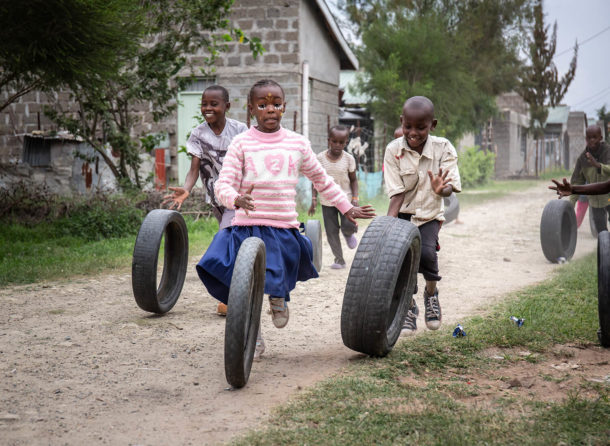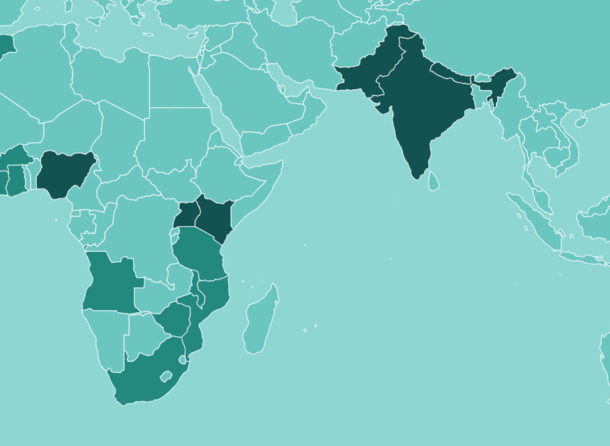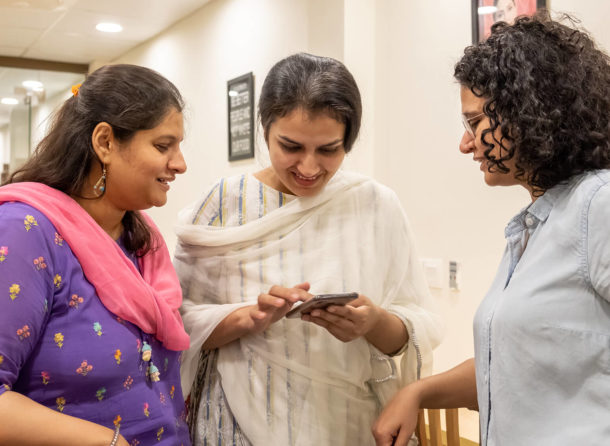
Reall’s Commitment and Alignment to the ICAI 2024 Report
On the 23rd July 2024 the Independent Commission for Aid Impact (ICAI) released its annual report, “UK aid for sustainable cities: A review”. The report explores how UK Aid supports sustainable cities globally and calls for attention towards increased focus on helping countries adapt to climate risks.
The seven key recommendations of this report call for increased collaboration to strategically plan sustainable cities, alignment of technical assistance with private and public funding’s and increase the focus on climate adaption in urban settings. Particularly for Reall, Recommendation 3 in particular speaks to its core mission:
“British International Investment (BII) and the Private Infrastructure Development Group (PIDG) should develop a credible model for supporting affordable housing for people in bottom 40% income category in any country, drawing on learning from other development finance institutions and the development capital portfolio.”
Recommendation 3. UK aid for sustainable cities: A review.
With 2.5 billion more people set to urbanise in Africa and Asia, the call for affordable housing for the bottom 40% couldn’t be timelier and Reall is committed to ensure its work creates not only affordable housing, but also climate-smart and gender-smart housing. With both sustainability and climate adaption at the core of our work, Reall works across priority markets Kenya, Nigeria and Uganda in Africa and India and Pakistan in Asia to develop the conditions for families to secure their own homes.
Reall’s theory of change is predicated on a business model to demonstrate diverse approaches to delivering safe, inclusive, green homes for people underserved by formal and traditional housing markets; collect evidence from the implementation and impact of those projects, and use that as advocacy to bring about change in policy and market practice. We work through partners that share the same vision and commitment as us, to deliver homes that we would all be happy to live in. This business model allows us to use what we have learned to bring innovations to the global housing ecosystem such as our new initiative Green Affordable Housing Finance (GAHF). This flagship initiative in its pilot phase in Kenya is leveraging the value of guarantees to de-risk and incentivize green affordable housing for unbanked people, especially women headed households. Additionally, GAHF’s Enabling Environment Facility (EEF), provides technical assistance to develop and establish a model housing ecosystem that can be replicated on the East African region and by extension other emerging markets.
Recommendation 3 states the need for credible models for supporting affordable housing for people in the bottom 40% income category. BII and PIDG could draw on learning from Reall in this area, especially from our Green Affordable Housing Finance (GAHF) instrument. The instrument is endorsed by The Global Innovation Lab for Climate Finance, and is designed to accelerate the development of green, affordable housing finance ecosystems across Africa and Asia that are self-sustaining and locally driven. Another learning opportunity could be through the exploration of Reall’s new investment opportunity, Green City Homes International Limited (GCHI). The company has been created to increase the supply of sustainable and affordable housing in Africa and Asia for the ‘missing middle’- informal and formal workers in the 20% to 70% of the income pyramid; and deliver financial and social returns for investors.
Reall is prepared to offer its expertise in any collaborative efforts led by the FCDO and other UK departments, providing technical assistance and conducting tailored research in relevant markets. Recommendation 2 states the need for a collective strategic planning process which will enable sustainable cities to work, and Reall is a key collaborator and driver for the need to create sustainable homes that include the risk posed by climate threats.
Reall’s approach to climate smart urban development rests on its ability to align technical assistant with unique strategic financial partnerships that have secured both private and public investments for long term sustainability. The alignment of our technical assistance strategy adheres to recommendation 4 which stipulates the need for developments in urban settings to secure aligned private and public finance.
Rebalancing investments towards climate adaptation is one of the key recommendations made (recommendation 5), and Reall’s approach prioritises investments in climate resilient housing solutions. Our work in climate adaptation and resilience therefore supports the recommendations set forth by the ICAI report. By prioritising investment in climate resilient housing solutions, we ensure developments are both equipped to withstand the long-term impacts of climate change, and that they contribute to the strengthening of communities to adapt to evolving climate challenges.
Recommendation 6 highlights how vital it is to fund the advancement of urban nature-based solutions for building resilience and climate adaptation. Reall is a steadfast supporters of this approach, and has been working with and championing partners who find ways to incorporate nature based solutions into the portfolio. Nature based solutions can be particularly effective in urban settings where increased development density exacerbates climate related issues. Reall is contributing to the development of communities that are more resistant to the threats by integrating green infrastructure into housing developments as seen in its initiatives in Casa Real cyclone resistant housing in Mozambique and High-level testing of bamboo technology in Philippines.
In addition to the key recommendations, our work aligns with the wider effort needed to ensure sustainable cities are designed and built to address inclusivity. At Reall we understand the need for inclusive programming, whether this is through prioritising ownership of property title by women solely or in joint-title, or working with partners such as Buildher – a social enterprise based in Kenya created to train and employ women in construction. These initiatives align directly with the ICAI report, which identifies the need for the UK to do more to actively include gender, disability and social inclusion in sustainable cities. We have also been undertaking gender-led research with the University of Warwick, through our Accelerated Knowledge Transfer (AKT) programme by Innovate UK KTN, the UK’s innovation agency. We are collaborating on several pieces that put women at the centre of the green affordable housing revolution and promote double mainstreaming of climate and gender by using historic best practice.
Reall strives to bringing about transformative change in the geographies where it operates, ensuring that urban communities are not only better housed but also better equipped for the future, resilient and ready to face the climate challenges. We are dedicated to building affordable, sustainable, green homes, and our mission aligns with the goals of BII and PIDG. As cities continue to expand, we aim to contribute to growth that priorities addressing the threats of climate change.
Authors: Naa Ayeleysa Quaynor-Mettle, Dr. Hannah Jayne Robinson, and Jayamali Kankanige
Read more stories
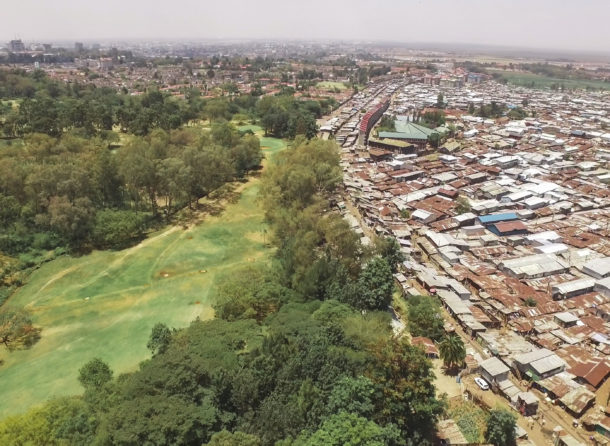
How Affordable Homes could help solve the global climate crisis
The United Nations climate summit, COP25, starts today in the Spanish city of Madrid where climate leaders will push to scale up action and investments into rapidly reducing global greenhouse gas emissions and support broader sustainable development agendas, specifically addressing …
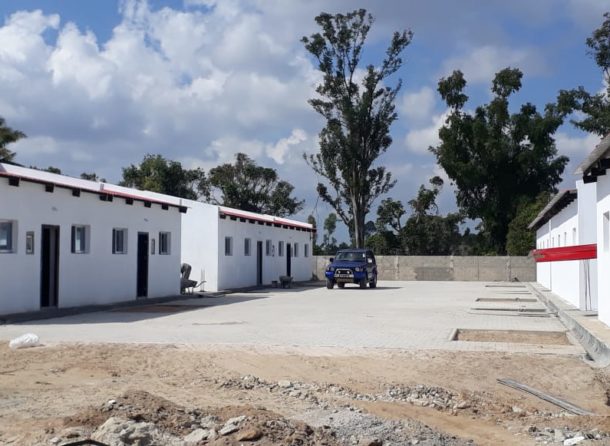
Celebrating affordable housing in Beira
The ribbon-cutting ceremony was attended by Reall’s Director of Investment and Operations Patrick Domingos-Tembwa, Mayor of Beira Daviz Simango and Casa Real Director Marie Odile. The celebration was particularly poignant as these homes managed to withstand the destruction of Cyclone…
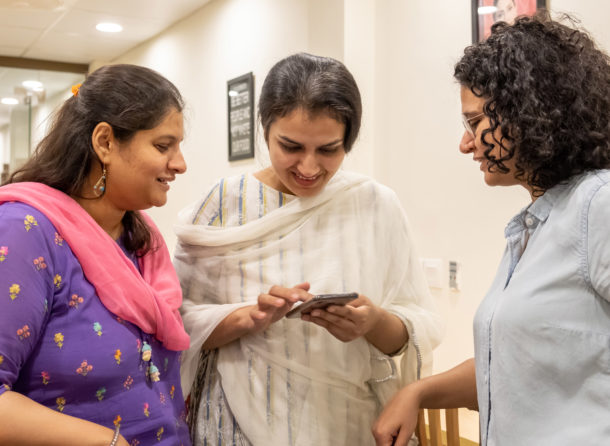
New Partnership: Syntellect
Reall are delighted to be partnering with India-based technology firm, Syntellect. Syntellect are committed to giving unbanked people the opportunity to access mortgage finance across Africa and Asia. Syntellenct has created RightProfile, a customer profiling platform designed to help lenders …
